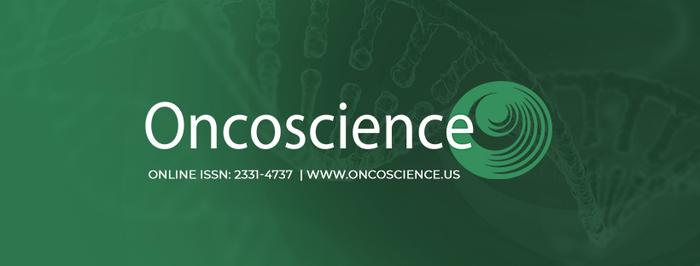“These results argue that combinations based on immunotherapy may also provide an opportunity for targeting urothelial cancers with low TMB, and provide efficacy superior to classic chemotherapy.”

Credit: 2024 Voutsadakis.
“These results argue that combinations based on immunotherapy may also provide an opportunity for targeting urothelial cancers with low TMB, and provide efficacy superior to classic chemotherapy.”
BUFFALO, NY- May 10, 2024 – A new editorial paper was published in Oncoscience (Volume 11) on April 25, 2024, entitled, “Therapeutic opportunities for hypermutated urothelial carcinomas beyond immunotherapy.”
In this new editorial, researcher Ioannis A. Voutsadakis from Sault Area Hospital and Northern Ontario School of Medicine discusses tumor mutation burden (TMB)—a novel clinical biomarker for prediction of checkpoint inhibitor immunotherapy response across cancers. High TMB has been used as a tumor agnostic indication for treatment with the PD-1 inhibitor pembrolizumab. High TMB is also associated with defects in mismatch repair (MMR) proteins producing the microsatellite instability (MSI) phenotype, which is also a biomarker of response to immune checkpoint inhibitors.
“However, both biomarkers are imperfect and not all cancers with high TMB or MSI phenotype respond to immunotherapy.”
The reason for this phenomenon may relate to additional alterations present in some tumors with high TMB or may be due to differences in the immune environment of diverse cancers. Conversely, some tumors with no MMR alterations have high TMB, and their hypermutability, which is due to other defects, such as pathogenic proofreading polymerase epsilon (POLE) mutations, may still lead to immunotherapy sensitivity. A sub-set of urothelial carcinomas possess a high TMB. Urothelial carcinomas with high TMB have only rarely MMR protein or POLE mutations but present additional alterations in higher frequency than cancers with low TMB, including mutations in several epigenetic modifiers.
“Combinatorial approaches based on immunotherapy and targeting additional molecular defects, that are present in urothelial carcinomas, hold the hope for successful therapy of the sub-set of immune checkpoint inhibitor resistant urothelial carcinomas with high TMB and of urothelial carcinomas with low TMB.”
Continue reading: DOI: https://doi.org/10.18632/oncoscience.596
Correspondence to: Ioannis A. Voutsadakis
Emails: ivoutsadakis@yahoo.com, ivoutsadakis@nosm.ca
Keywords: bladder cancer, transitional cell carcinoma, immune checkpoint inhibitors, targeted therapy
About Oncoscience:
Oncoscience is a peer-reviewed, open-access, traditional journal covering the rapidly growing field of cancer research, especially emergent topics not currently covered by other journals. This journal has a special mission: Freeing oncology from publication cost. It is free for the readers and the authors.
To learn more about Oncoscience, visit Oncoscience.us and connect with us on social media:
For media inquiries, please contact media@impactjournals.com.
Oncoscience Journal Office
6666 East Quaker Str., Suite 1D
Orchard Park, NY 14127
Phone: 1-800-922-0957, option 4
###
Journal
Oncoscience
Method of Research
Commentary/editorial
Subject of Research
People
Article Title
Therapeutic opportunities for hypermutated urothelial carcinomas beyond immunotherapy
Article Publication Date
25-Apr-2024



